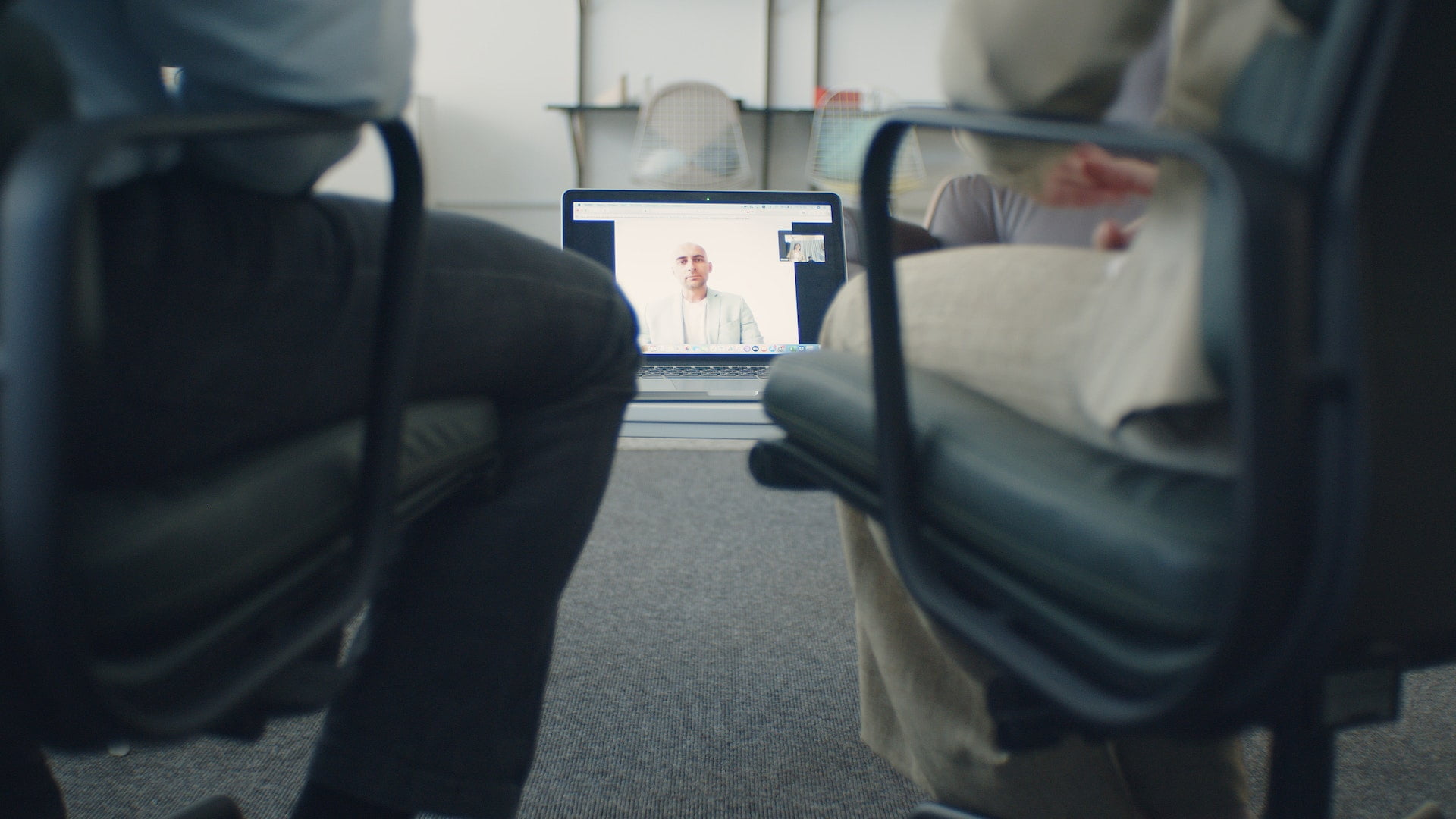
Life is fraught with adversity. It’s a universal aspect of the human condition. However, how we perceive and respond to these challenges can dramatically alter their impact on our lives. With the right mindset and strategies, it is possible to transform adversity into a powerful catalyst for personal growth.
Personal Growth: The Role of Perception in Experiencing Adversity
Our perception of a situation plays a crucial role in our response to it. How we interpret an event or circumstance can influence the emotional response it elicits, the actions we take in response, and the long-term impact it has on our lives.
It’s not what you look at that matters, it’s what you see. – Henry David Thoreau.
Perception as a Collaborator in Our Experience
Our perception acts as a collaborator, shaping our experiences and feelings, especially in times of adversity. For instance, two individuals may react to the same adverse situation in starkly different ways based on their perception. The lens through which we view adversity significantly shapes our experience of it.
The Role of Perception in Relationship Issues
Consider an example involving a romantic relationship. Let’s say you discover that your partner looks at pictures of others who look different from you, leading you to feel insecure or insufficient. In this scenario, your perception of the situation is crucial. One person might interpret their partner’s actions as an indicator of their inadequacy, spiraling into self-doubt and distress. However, another might perceive the same actions differently, perhaps understanding it as their partner’s independent activity that doesn’t reflect on their value or attractiveness. The situation is the same, but the emotional outcomes differ dramatically based on perception.
Perception in the Face of Professional Setbacks
Let’s take another example, this time from a professional perspective. Imagine losing your job – a significant adverse event for most people. One person might perceive this as a devastating blow, leading them to feel hopeless and stuck. Conversely, another individual might view the same job loss as an opportunity for growth and change. They might see it as a chance to explore new career paths, upskill, or even start their own business. Again, perception plays a significant role in whether the situation spirals into despair or becomes a launchpad for personal development.
In both instances, it is essential to remember that our emotions and experiences do not stem solely from the events that occur, but from how we perceive and interpret these events. Our perception is our collaborator, and we have the power to adjust it in a way that promotes resilience and growth.
Personal Growth: The Process of Transformation
Transforming adversity into personal growth is a process that begins with recognizing the crucial role our perceptions play in our experiences. This awareness can lead to a shift in how we interpret adversity, opening the door to new possibilities for growth and self-improvement.
Changing Perceptions
The first step in transforming adversity into growth is altering how we perceive adverse events. Instead of viewing them as purely negative occurrences, we can choose to see them as opportunities to learn, grow, and strengthen our resilience.
Learning from Adversity
Once we’ve shifted our perceptions, we can start to extract valuable lessons from the adversity we face. What did this experience teach us about ourselves? What skills or qualities did we discover or develop in response to the challenge?
If you cannot change your condition, change your perception. ― Debasish Mridha
Strategies for Turning Adversity into Personal Growth
Transforming adversity into growth is not always straightforward. It requires effort, patience, and persistence. Here are some strategies that can help facilitate this process.
Establish a Growth Mindset
A growth mindset is the belief that we can improve and grow through effort and learning. By adopting this mindset, we can view adversity as a challenge to be overcome, rather than a fixed setback.
Practice Mindfulness and Acceptance
Mindfulness helps us stay present and fully experience our feelings without judgment. Acceptance allows us to acknowledge our current reality without resisting it, enabling us to address it more effectively.
Seek Support
Support from others can be invaluable during times of adversity. Sharing our experiences and feelings with trusted friends, family members, or a professional, such as a therapist, can provide emotional relief, useful insights, and practical advice.
The Path Forward
Adversity can indeed be a path to personal growth when we change our perceptions, learn from our experiences, and use strategies to facilitate transformation. It’s a journey, one that has its share of difficulties, but also one that can lead to profound personal development and improved mental well-being. Remember, it’s okay to seek help along the way to support you as you navigate the path of growth through adversity.
Personal Growth: Embracing Failure and Building Resilience
Another important aspect of transforming adversity into personal growth is the understanding that failure isn’t the end of the road but an opportunity to learn and grow. By changing our mindset around failure, we can cultivate resilience, an invaluable trait that strengthens our ability to cope with future adversity.
Understanding Failure as a Stepping Stone
Failure often brings valuable lessons that success cannot. Embracing failure helps us to recognize the areas we need to work on and the adjustments we need to make in our strategies or approaches. Failure, thus, becomes not an endpoint but a stepping stone toward success and personal growth.
Cultivating Resilience
Resilience refers to our capacity to bounce back from adversity. By changing our mindset around failure and viewing adversity as an opportunity for growth, we can strengthen our resilience. Resilient individuals are not devoid of adversity; rather, they have learned to navigate it effectively and emerge stronger on the other side.
Personal Growth: Implementing Healthy Coping Mechanisms
In addition to changing our mindset and cultivating resilience, employing healthy coping mechanisms is key to transforming adversity into personal growth.
Engaging in Self-Care
Engaging in regular self-care practices like adequate sleep, balanced nutrition, regular physical activity, and time for relaxation can enhance our physical, emotional, and mental well-being, which in turn can improve our ability to cope with adversity.
Seeking Therapeutic Support
Professional therapeutic support can be a powerful resource in our journey of transforming adversity into personal growth. A qualified therapist can provide strategies, tools, and perspectives that facilitate this transformation. eTherapyPro offers a secure and confidential online counseling platform that you can access from the comfort of your home.
Conclusion Of Personal Growth
In the end, the goal is not to avoid adversity – an impossible feat – but to learn how to transform it into personal growth. By changing our perceptions, embracing failure, building resilience, and implementing healthy coping mechanisms, we can turn adversity into a powerful engine of personal growth and self-improvement. This journey is not without its challenges, but with perseverance, patience, and the right support, it’s a journey that can lead to profound personal development and enriched life experience.



